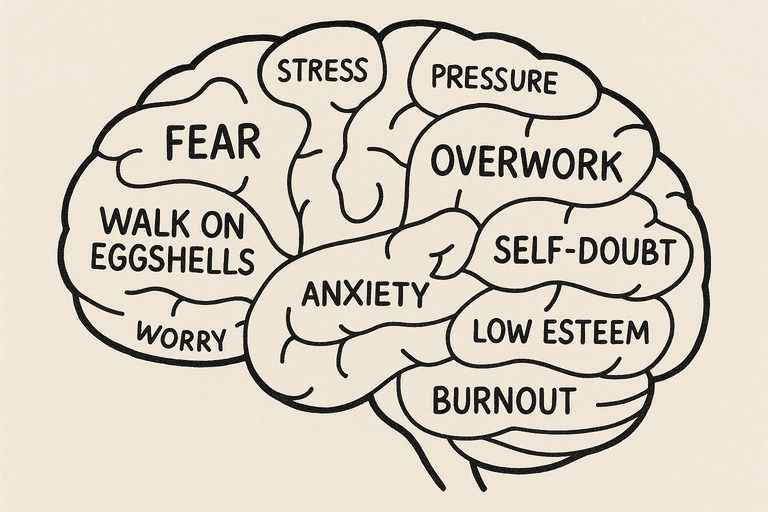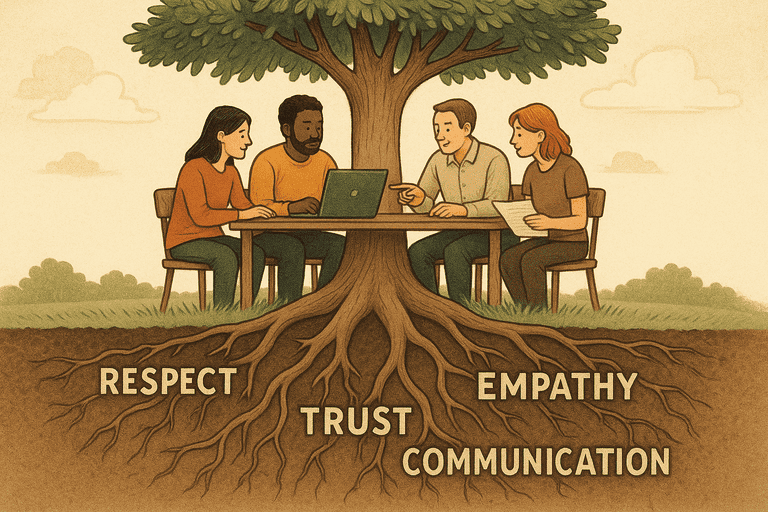Feeling Drained by a Toxic Boss? Therapy Can Help You Reclaim Your Confidence

You wake up with a pit in your stomach. The thought of another day at work—another meeting with your toxic boss who constantly belittles you—feels unbearable. You used to enjoy your job, but now it feels like walking on eggshells. If this sounds familiar, you’re not alone. The mental toll of working under unhealthy leadership can be profound, and it’s often more than just “part of the job.”
As a seasoned therapist who works with professionals experiencing emotional exhaustion, anxiety, and work-related trauma, I’ve seen firsthand how a toxic boss can erode someone’s self-esteem, sense of safety, and even physical health. But healing is possible—and you don’t have to go through it alone.
Recognizing the Signs of a Toxic Work Environment
Workplaces can be challenging, but when the problem stems from one person in power, the damage can spread quickly. An abusive supervisor may:
Publicly shame or humiliate employees
Micromanage in ways that destroy confidence
Take credit for others’ work or shift blame
Create a culture of fear and favoritism
Refuse to respect personal boundaries
Over time, these behaviors can lead to chronic stress, insomnia, panic attacks, and depression. It’s easy to start questioning your own worth or abilities, especially when the mistreatment is subtle or disguised as “constructive criticism.”
One of the most confusing parts is the self-doubt that often follows: “Am I overreacting? Is this just normal stress?” It’s not. If your mental or emotional health is deteriorating because of one person’s leadership style, it’s worth paying attention to.

Why It’s Not “Just Work Stress”
Many clients tell me they used to brush off the problem, thinking they should tough it out or wait for things to get better. But the truth is, enduring psychological harm isn’t a sign of resilience—it’s a slow form of emotional erosion.
When dealing with a hostile manager, the brain often enters a constant fight-or-flight state. You might feel jumpy, irritable, hyper-alert, or emotionally numb. These aren’t personality flaws—they’re symptoms of a nervous system under siege.
If you’ve noticed a shift in your mood, relationships, or sense of purpose since taking your job (or since leadership changed), it might not be all in your head. Work-related trauma is real, and it deserves real care.
How Therapy Can Support You
Talking to a mental health professional can help you understand what’s happening, name the harm, and create healthy ways to cope or set boundaries. Here’s what therapy might look like in this context:
Validating your experience. You don’t have to prove that your toxic boss is “that bad.” Therapy starts with “your” reality, your feelings, and your story.
Coping tools. Whether you choose to stay, speak up, or leave, we’ll work on grounding strategies to manage anxiety, panic, or burnout symptoms.
Restoring self-worth. We’ll explore how your self-image may have been distorted and rebuild your internal sense of value—separate from your job title or how you’re treated at work.
Setting boundaries. If assertiveness feels scary or unfamiliar, we can practice together so you feel more confident handling difficult conversations.
Planning your next steps. Therapy can help clarify what a healthy workplace looks like for you—and how to move toward it, if needed.
It’s Not Your Fault
People who work under unhealthy leadership often internalize the dysfunction. You might think: “If I were better at my job, they wouldn’t act this way.” But emotionally safe leaders don’t rely on fear or manipulation to get results. It’s not your fault that someone in a position of power is mistreating you.
If you’ve tried everything to make things better—working harder, people-pleasing, staying late, staying quiet—and nothing seems to change, it’s okay to ask for help. Therapy is not a sign of weakness or inadequacy; it’s an act of reclaiming your voice and your well-being.

Can You Heal Without Leaving the Job?
That depends on your situation. Some people find ways to set emotional boundaries and stay, while others decide that the cost to their mental health is too high. Either choice can be valid—and you don’t have to make it alone.
One client told me, “Just having someone believe me, and remind me I’m not incapable, changed everything.” Sometimes that’s the first step toward healing: being seen.
You Deserve a Safe Place to Talk
If you’re struggling with the emotional aftermath of working for a toxic boss, you don’t need to carry that burden by yourself. In therapy, we focus on helping you feel grounded, understood, and empowered—whether you’re navigating your current workplace or planning for something better.
Your job doesn’t define your worth. You are more than your productivity, your paycheck, or your performance review. You deserve support that honors your experience and helps you grow beyond it.
Ready to take the next step?
Book a consultation today and let’s talk about what healing could look like for you.